Type / design |
|||
|
|
SH5 | CXO |
|
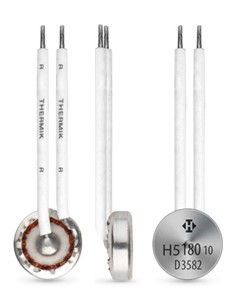 |
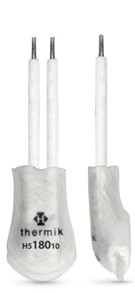 |
 |
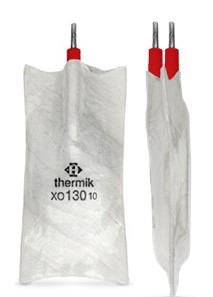 |
| Switching mode | NC contact CH5 resetting |
NC contact SH5 resetting |
NC contact CXO resetting |
NC contact SXO resetting |
| Insulated: Insulation cap | No | Yes | No | Yes |
| Temperature | ||||
| Nominal switching temperature (NST) in 5 K steps °C | 120 – 180 | 70 – 180 | ||
| Tolerance range NST < 140 °C Tol (K) | + 10 | |||
| Reverse Switch Temperature (RST below NST) UL (defined RST possible on request) VDE |
≥ 35 ≥ 35 |
|||
| Tension | ||||
| max. operating voltage range up to … | 500 VAC / 14 V DC | |||
| Operating voltage AC | 250 (VDE), 277 (UL) | |||
| Current / switching cycles | ||||
| Rated current – cos φ = 1.0 [A] / [n] | 30 / 10’000 50 /1’000 | 25 / 10’000 50 / 2’000 | ||
| Rated current – cos φ = 0.6 [A] / [n] | — | 25 / 3’000 | ||
| Rated current – cos φ = 1.0 [A] / [n] | — | 75 / 3’000 | ||
| Rated voltage DC | 12 | |||
| Rated voltage DC (V) | — | 63 / 10’000 | ||
| Max. Switching current DC [A] / [n] | 60 / 10’000 | 100 / 2’000 | ||
| Additional specifications | ||||
| High-voltage strength (kV) | — | 2 | — | 2 |
| Total bounce time (ms) | < 1 | |||
| Contact resistance (according to MIL-STD R5757) (mΩ) | < 50 | |||
| Compressive strength of the switch housing (N) | 300 | 600 | ||
| Suitable for installation in protection class | I | I | I + II | |
| Impregnation resistance | suitable | |||
| Available Licenses and Approvals | ||||
| please specify | IEC, VDE, UL, CQC, | IEC, ENEC, VDE, UL, COC | ||
| Dimensions (standard) | ||||
| Diameter Ø d (mm) | 11,0 | 11,5 | 17,1 | 17,6 |
| Overall height h (mm) | from 6.0 | from 6.5 | from 5.9 | from 6.3 |
| Length of the insulation cap (mm) | — | 19,0 | — | 25,0 |
| * Standard connection | Stranded wire: 1.00 mm2/AWG 18 | |||
| CH5 | SH5 | CXO | SXO |
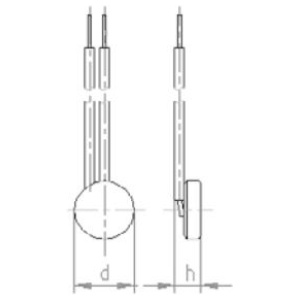 |
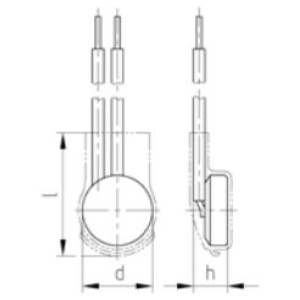 |
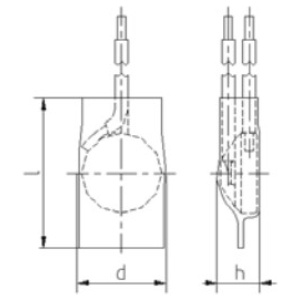 |
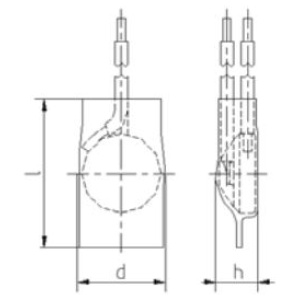 |
Note
The data and information provided are based on tests and test series. They are intended as a guide, which is why there may be deviations for individual applications and uses. The suitability in a specific application must be checked by the user in each individual case.





